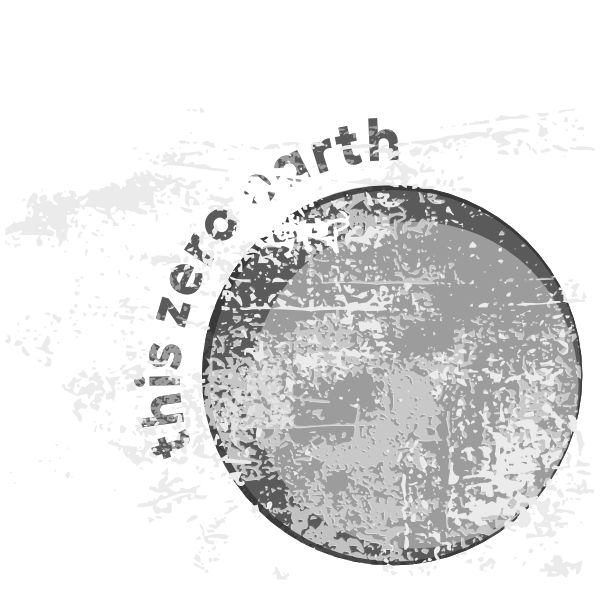
Vignette #2 — Thistledown
The air was filled with white. Drifting, dancing flecks that floated and never settled. In the shifting currents of air they flowed, turbulent.
He held tighter onto his grandfather's hand.
- It's amazing—the boy said.
Yes—his grandfather replied—but it shouldn't be—he reached up. With a flick of his wrist he snatched one of the fleck from the air, held it down so the boy could see.
A crumpled tuft of white hair, and at its centre a tiny black speck.
- All it takes is one seed. Almost nothing—the old man blew at his palm and watched the tuft fly off, join the drift.
The two of them looked ahead through the churning drifts of floating seeds. The flat lands ahead reached to the horizon, baked dry in hot sun. The cracked, parched ground was dense with a sea of thistle plants. Pale, dried out blue leaves and brittle stalks. The flowerheads, gone to seed, shedding fistfuls of down into the thermal breeze. Last year's stalks, and those from the year before, stood ghostlike between the plants. Brushed against the boy's face. Settled in his hair. Landed in clumps on the dry, orange earth. Even through the drift of down the sun baked.
It was dry season. The short, scorching respite from storm times.
- This used to be wetlands—the man said—water, lakes, marshland all the way to the horizon. It was a haven. Reeds and rushes grew. Insects thrived on the plants, their larvae in the water. Fish feeding on the insects. And birds, so many birds—feeding on the fish, the insects. They would breed here and nest. Many of them only here for a few months, migrating onwards thousands of miles in winter—
- Winter?—
- Back then we had a cold season. That's what we called it. Then the heat came, the wetlands dried, the reeds and rushes died. No more fish, no more insects, the birds stopped landing. Without the reeds and rushes to hold the soil together, when rain did come it caused torrents, they cut deep channels through the ground and the water would not settle. The rich soil washed away.
- Then one day, one of these lands. It only took one seed. This thistle isn't from here, doesn't belong here. There is nothing natural that can take it on. But it's a plant that thrives in the dry, poor soil. That seed settled and grew. The next year—not one, but hundreds. The year after that, thousands. Now, it's a sea of thistle. A monoculture. No diversity left, no balance. The chain is broken. It may look beautiful but still—it's wrong.
They brushed the fluff from their clothes and left.